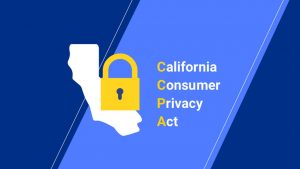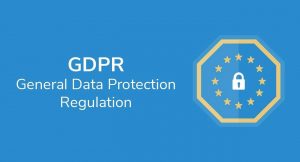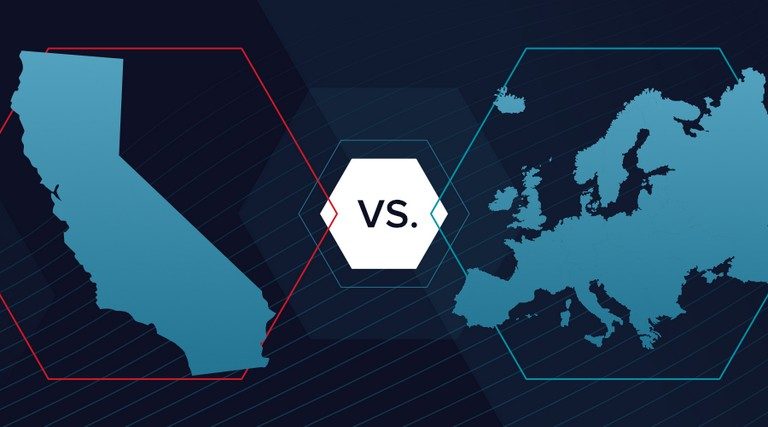Today use of search engines and social media has become enormously common. However, the problems lie in the fact that on such platforms, you see that all the advertisements are targeted to us as if these online platforms had been surveilling on us. We must understand the fact that companies are continually using our data for their benefit. Furthermore, the people who provide such data are these search engines and social media platforms that we use so often. Hence, the conversation of GDPR and CCPA has started to take a rise. GDPR is general data protection regulation, which is implied and used in 26 of the European nations. At the same time, CCPA stands for the California consumer privacy act. Much like Ethyca, these two provide an essential policy measure to control and restrict companies from using personal data for their benefit.
Oddly both measures have more or less the same notions and rules, but GDPR was the first movement in such work since it was introduced in 2018. CCPA was introduced in 2020 and marked the first movement by any of the American states. The policy put strict rules on how businesses can operate and use their employees’ and clients’ data.
CCPA

CCPA is a policy metric only used in the state of California. This means that any operations that are done in the state of California are automatically under the obedience of CCPA. Implemented on 14th August, the policy allows people and clients to see the warehousing and usage of their data by the companies they have worked for or with. CCPA shows a shadow of a doubt that it does not restrict companies from taking permission to sell personal data to any company before the sale. However, the people have the right to be informed before or after the sale of how their information is used and where it has been forwarded to.
GDPR

This data protection framework was the first of its kind and is applicable in many European nations. It differs from CCPA because it restricts companies from selling or using personal data without proper consent beforehand. It but restricts people from allowing them to see their data and where it has been used previously. Hence, no one can know how their data is being stored.
However, there are some standard stipulations found in both the legal documents. One is the right to be informed, the right to access, and lastly, the right to profit. These rules allow people to ask about their information, to be informed if their information is being used, and if the company makes a profit from sharing people’s information, they have a justifiable share in that profit. Ever since the laws have been introduced, many cases have been reported of such similar problems as stated in the legal policies. Hence, it shows how critical such regulations are in the current climate, mostly globally.
